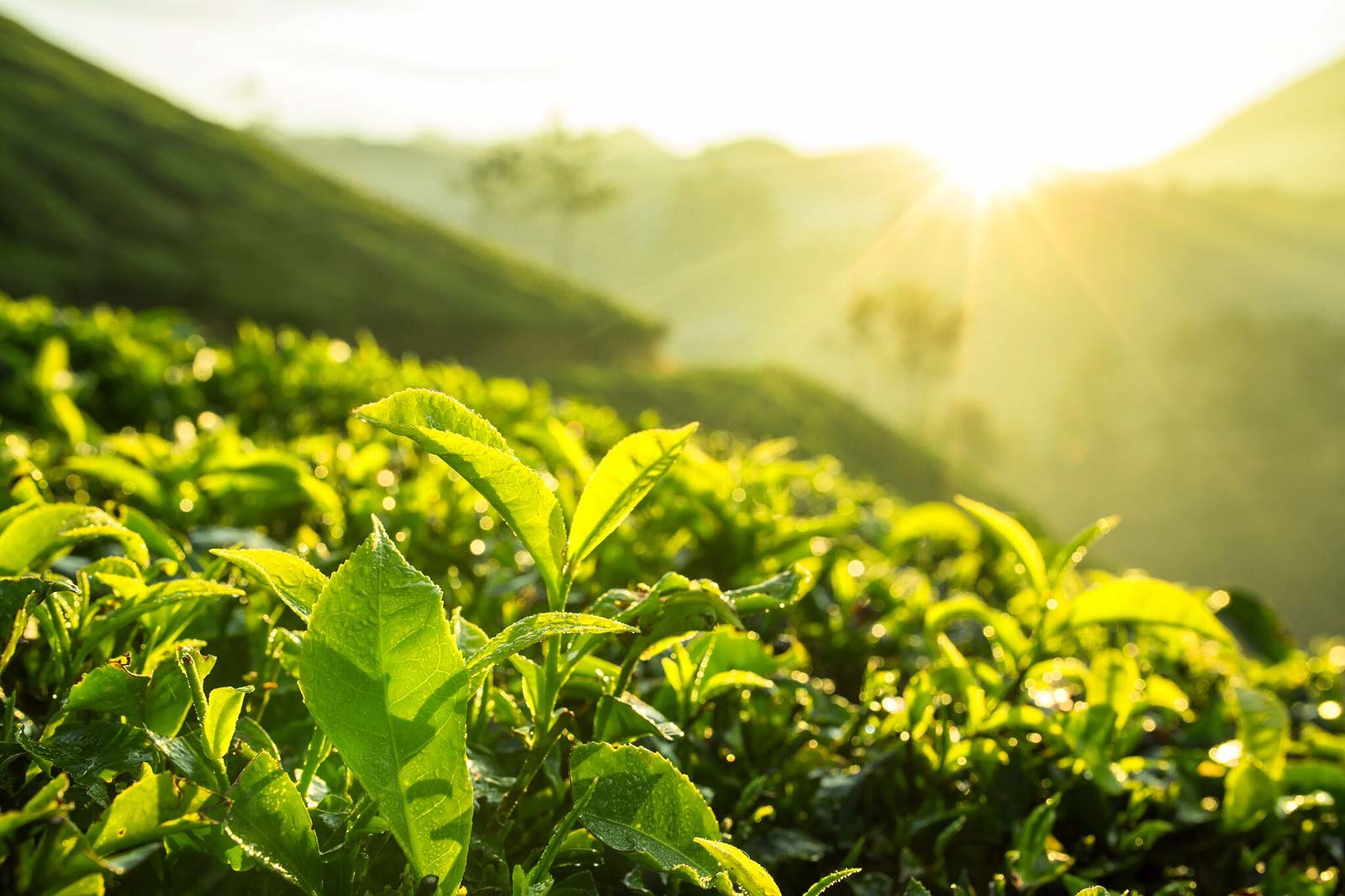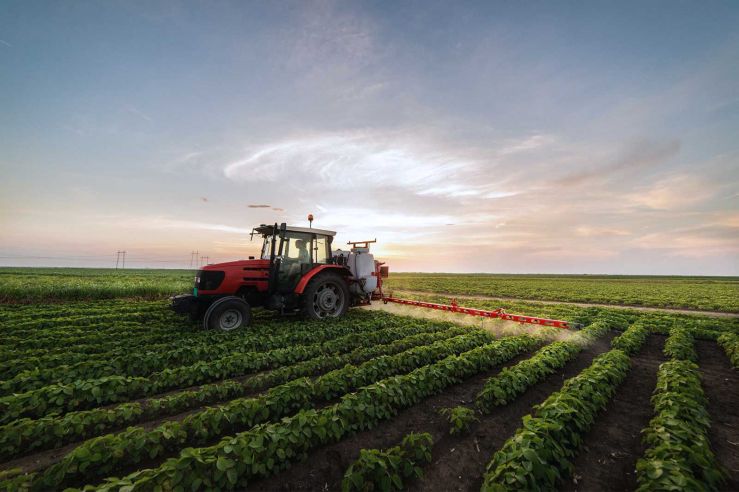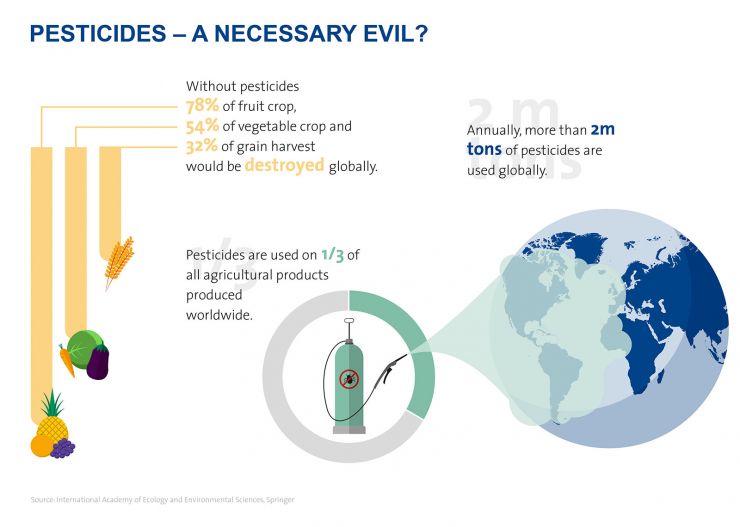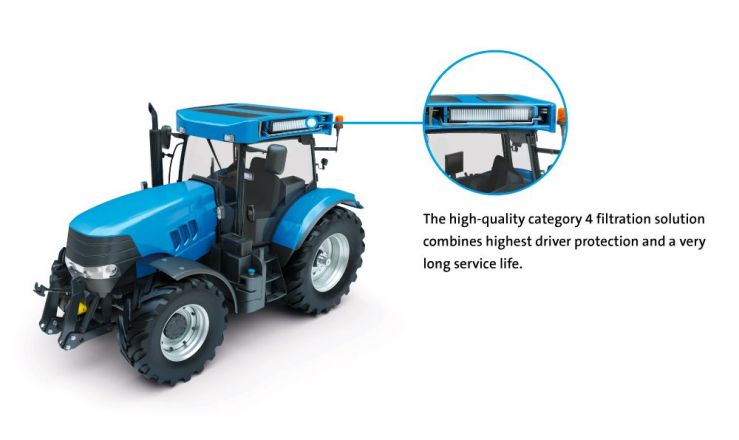
Synthetic pesticides in agriculture
The “necessary evil” provoking hot debate
As the global population increases, pressure on food production has never been greater. This not only means finding effective ways to maximize soil fertility. It also means preventing crop destruction as a result of insect and pest infestation.
Although there are various natural approaches to pest control in agriculture, these tend to be impractical for industrial-scale farming. When weighing pros and cons, synthetic pesticides provide the most cost-effective and simplest solution to an intractable problem.
A hot topic
While synthetic pesticides play a key role in boosting vital productivity, their chemical composition presents an ever-present threat to human health, pollinators and the wider natural environment. As a consequence, synthetic pesticides are a subject of hot debate among all stakeholders, from governments, farmers and scientists to the general public. The farmers who use synthetic pesticides in their daily work are aware of their toxic nature, just as they are aware that there are few practical alternatives for large-scale cultivation.


Pesticides in action
Despite the growing influence of organic alternatives, the vast majority of food is still cultivated using synthetic pesticides, which are relatively inexpensive and easy to apply using sprayers. The mixture of substances sprayed onto crops generally includes herbicides, fungicides, and insecticides. Commonly used insecticides are organic phosphates (OPP) or the controversial neonicotinoids. These keep harmful insects such as aphids at bay in the field, and voracious bugs like the granary weevil off the harvest in storehouses.
Health and environmental risks
The primary problem associated with synthetic pesticides is the harm they cause to human health, “good” bugs and the soil. The world’s most widely used pesticide is a herbicide known as glyphosate, which is used to kill weeds. Glyphosate has long been suspected of causing cancer in humans. Glyphosate residues are often found in food and in the hair of field workers. For this reason, environmentalists are calling for a ban on the substance. However, the European Food Safety Authority does not believe that the carcinogenic effect of glyphosate has been demonstrated, and it remains approved for use in the EU until at least 2022.
Managing a necessary evil
In spite of its risks, disposing of glyphosate altogether can have serious consequences for harvests. Fields become rapidly overgrown and yields shrink. When a ban was tested in the tea plantations of Sri Lanka, yields dropped 11% in the first year alone. Corn, chili, and finger millet fared even worse with up to 55% of the harvest being lost. If we accept the substances themselves as a necessary evil, the main task then becomes to protect those who are most directly exposed to them.
Staying safe in the cab
In the EU, pesticide use is regulated by the standard EN 15695-2 (2009). This governs systems designed to ensure the purity of air in tractors and self-propelled sprayers. The standard stipulates that mists, aerosols and gases that accumulate in the air when liquid fertilizers are used must not penetrate into the driver’s cab. Sophisticated solutions are needed to ensure compliance with these stringent requirements. One example that has consistently proven its effectiveness is our multi-stage Category 4 cabin air filter concept.

Certified performance
Fully compliant with the strict requirements of EN 15695-2, our filtration concept for agricultural vehicles represents the current state-of-the-art for Category 4 cabins. The coordinated multi-stage system reliably separates dusts, aerosols and gaseous or vaporous contaminants. Thanks to the unique high-performance activated carbon layer in the final filter stage, these filters even separate extremely fine vaporous contaminants that can be harmful to human health.
Cost-efficient maximum protection
As well as providing unprecedented levels of protection for drivers, their very long service life of over 150 hours has been confirmed by extensive tests carried out by external EU-approved testing institutes in the lab and in the field. To further minimize costs and extend service life, our Category 4 filters can also be selectively engaged, as needed. So while we can’t have a direct influence on the use of synthetic pesticides, we can certainly provide agricultural vehicle operators with maximum protection as they go about their work to feed the world.
 automotive filtration insight
automotive filtration insight